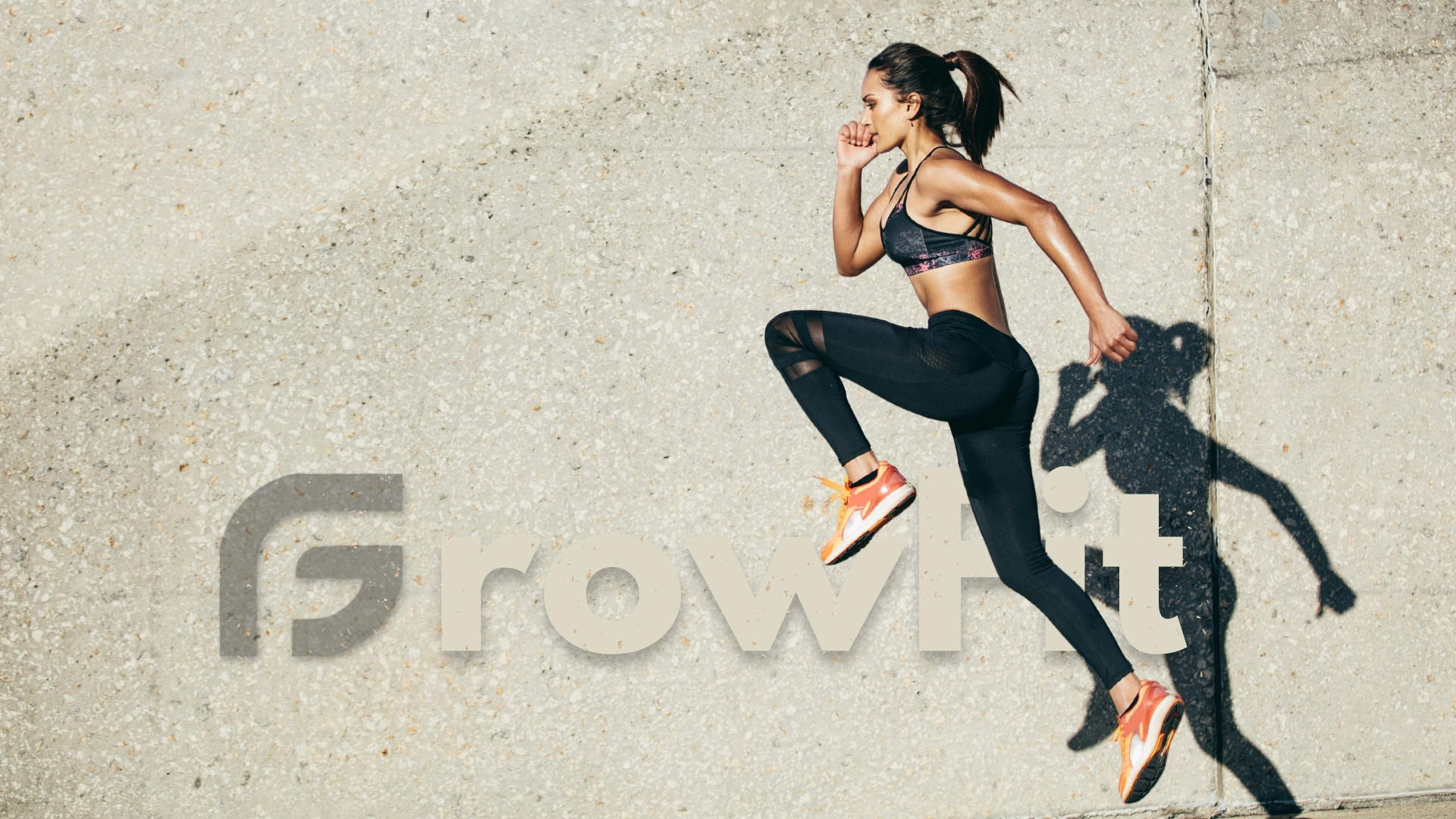Introduction
Fasted cardio for fat loss is a hot topic in fitness. Many believe it helps burn fat faster, while others worry about muscle loss and reduced performance.
So, what’s the truth?
This blog will dive deep into:
✅ How fasted cardio impacts fat burning
✅ The benefits and risks of exercising on an empty stomach
✅ Best practices for maximizing results
✅ Who should (and shouldn’t) do fasted cardio?
Let’s break down the science behind fasted cardio for fat loss and see if it’s right for you!
1. What Is Fasted Cardio for Fat Loss?
Fasted cardio means performing cardiovascular exercise on an empty stomach, usually in the morning before eating breakfast. The idea is that with lower glycogen levels, the body turns to stored fat for energy.
🔹 Common Fasted Cardio Workouts:
✔️ Morning runs
✔️ Cycling or HIIT sessions
✔️ Low-intensity steady-state (LISS) workouts
💡 Pro Tip: To maximize fasted cardio for fat loss, aim for 30–45 minutes of moderate-intensity cardio.
Learn about cardio and fat loss strategies.
2. Does Fasted Cardio Burn More Fat?
The biggest question: Does fasted cardio for fat loss actually work? Studies show both advantages and limitations.
🔬 What Research Says:
✅ Increased Fat Oxidation – Exercising in a fasted state may help burn more fat.
✅ Improved Insulin Sensitivity – Helps regulate blood sugar levels.
❌ May Lead to Muscle Breakdown – Prolonged fasted cardio may use muscle protein as fuel.
Read about fasted cardio and metabolism.
3. Fasted Cardio vs. Fed Cardio: Which Is Better?
Which one is better for fat loss? Let’s compare:
| Aspect | Fasted Cardio | Fed Cardio |
|---|---|---|
| Fat Burning | ✅ Higher fat oxidation | ❌ Burns more glycogen |
| Performance | ❌ Lower energy levels | ✅ More energy for high-intensity workouts |
| Muscle Retention | ❌ Risk of muscle loss | ✅ Less muscle breakdown |
💡 Pro Tip: If your goal is fat loss, fasted cardio may help, but for muscle growth, fed cardio is better.
4. Benefits of Fasted Cardio for Fat Loss
✔️ Encourages fat oxidation – Helps burn fat as fuel.
✔️ Enhances insulin sensitivity – Supports better blood sugar regulation.
✔️ Boosts endurance – May improve aerobic performance.
✔️ Simplifies morning workouts – No need to wait for digestion.
Discover how nutrition impacts fat loss.
5. Risks and Limitations of Fasted Cardio
While effective for some, fasted cardio isn’t for everyone. Risks include:
❌ Increased muscle breakdown – Body may burn muscle for energy.
❌ Lower energy levels – Reduced performance in high-intensity workouts.
❌ Potential dizziness or fatigue – Especially for beginners.
💡 Pro Tip: If you feel weak, eat a small protein-rich snack before cardio.
Read about fasted workouts and muscle loss.
6. Best Practices for Fasted Cardio for Fat Loss
To maximize fat loss while minimizing risks, follow these guidelines:
✅ Keep intensity moderate – LISS (low-intensity steady-state) cardio works best.
✅ Stay hydrated – Drink water or black coffee before your session.
✅ Supplement with BCAAs – Helps reduce muscle breakdown.
✅ Eat protein post-workout – Supports muscle recovery.
Learn more about post-workout recovery.
7. Who Should (and Shouldn’t) Do Fasted Cardio?
✔️ Fasted Cardio May Work Well For:
🏋️♂️ Individuals focused on fat loss
🚶♀️ Those doing low-to-moderate intensity workouts
🧘♂️ People who feel comfortable training fasted
❌ Fasted Cardio Is NOT Recommended For:
⚡ High-intensity athletes – Sprinting or HIIT requires glycogen.
🏋️♀️ Bodybuilders focused on muscle gain – Muscle breakdown risk is higher.
🩺 Individuals with blood sugar issues – May cause dizziness or fainting.
Conclusion: Should You Try Fasted Cardio?
Fasted cardio for fat loss can be an effective strategy, but it’s not a magic solution. While it may increase fat oxidation, it’s not necessarily better than fed cardio for weight loss.
✔️ If you enjoy morning workouts before eating, fasted cardio may work for you.
✔️ If your goal is muscle gain or high-performance training, a fed workout may be better.
✔️ Always listen to your body and experiment with different approaches.
📌 Want more expert-backed fitness strategies? Explore GrowFit Blogs for the latest research and trends! 🚀
FAQs
1. Does fasted cardio burn more fat?
Yes, fasted cardio can increase fat oxidation, but overall fat loss depends on calories burned vs. calories consumed.
2. Is fasted cardio safe for beginners?
It can be, but beginners should start with low-intensity workouts and stay hydrated.
3. What should I eat after fasted cardio?
A protein-rich meal with healthy carbs helps muscle recovery and energy replenishment.
4. Can I do weight training fasted?
Not recommended, as lifting weights requires glycogen for strength and endurance.
5. Does fasted cardio affect metabolism?
No, short-term fasted workouts do not slow metabolism, but extreme fasting can.

